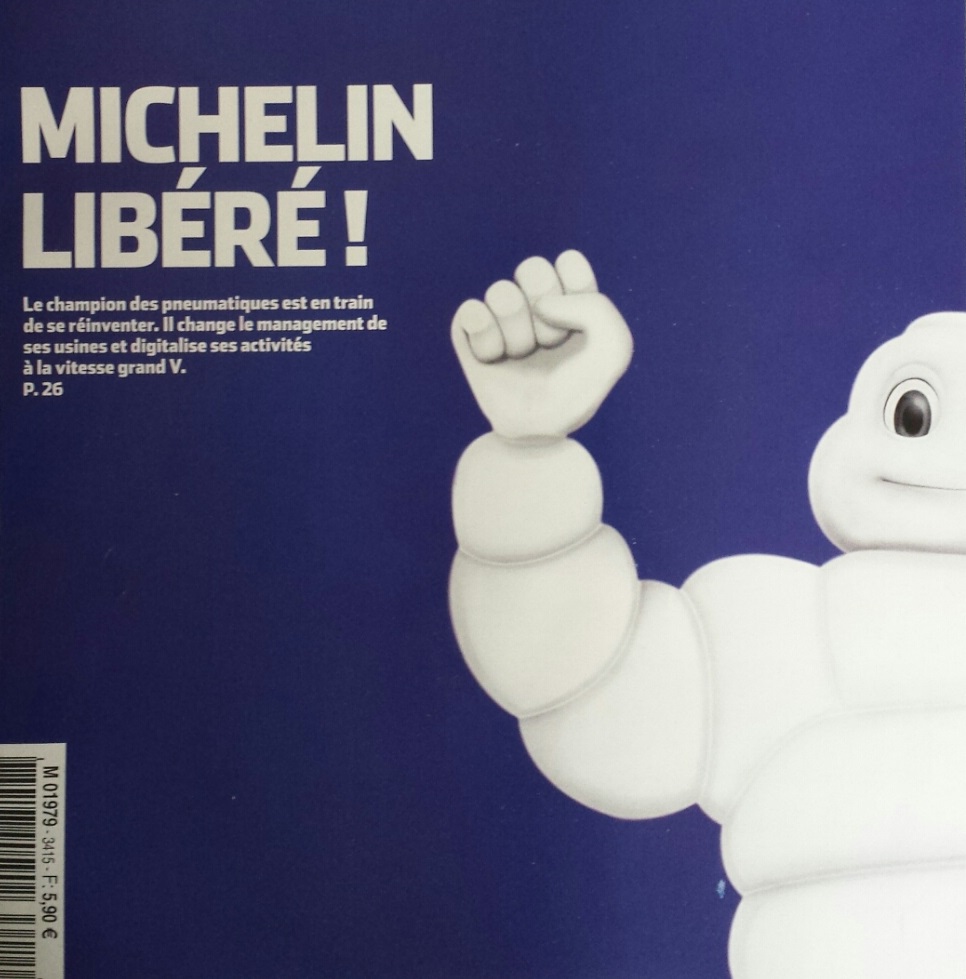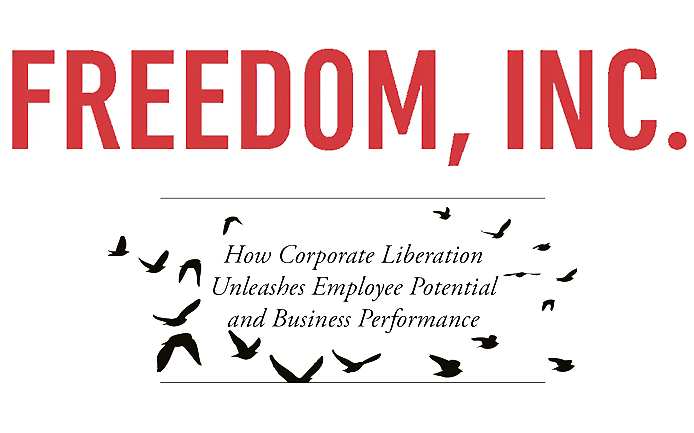
I have followed Michelin’s liberation-transformation, which it calls responsablisation, since 2013. That year, the company started its first experiment in allowing its 38 basic manufacturing teams from 18 plants to assume total autonomy and responsibility for running their operations. Today, in 2019, 80% of plants are in this transformation programme, about ten of which having transformed themselves: their operations are based on freedom and responsibility of their teams.
Here is the first description of this transformation which revised version appears in the book The transformation playbook: Insights, wisdom, and best practice to make transformation reality edited by The Brightline Initiative & Thinkers50 (October, 2019).
Michelin had been always proud of its shop floor ambiance – its “soul” – made of benevolent foremen and of workers smiling and greeting visitors. Then, in the early 2000s, Michelin’s adaptation of Toyota Production System (TPS) threw a spanner in the works. Just like many Western companies, the Michelin Manufacturing Way (MMW) focused on the TPS tools instead of its human-centered philosophy.
In 2011, several top executives on a regular shop floor visit noticed the distinct lack of smiles – and started to worry.
The corporate Industrial Director shared his observations with his HR counterpart Jean-Michel Guillon: “I propose that you restart the empowerment programme we had before the MMW and give workers responsibility for their production activities.” In fact, this restart has been already underway.
You can read the paper here.







